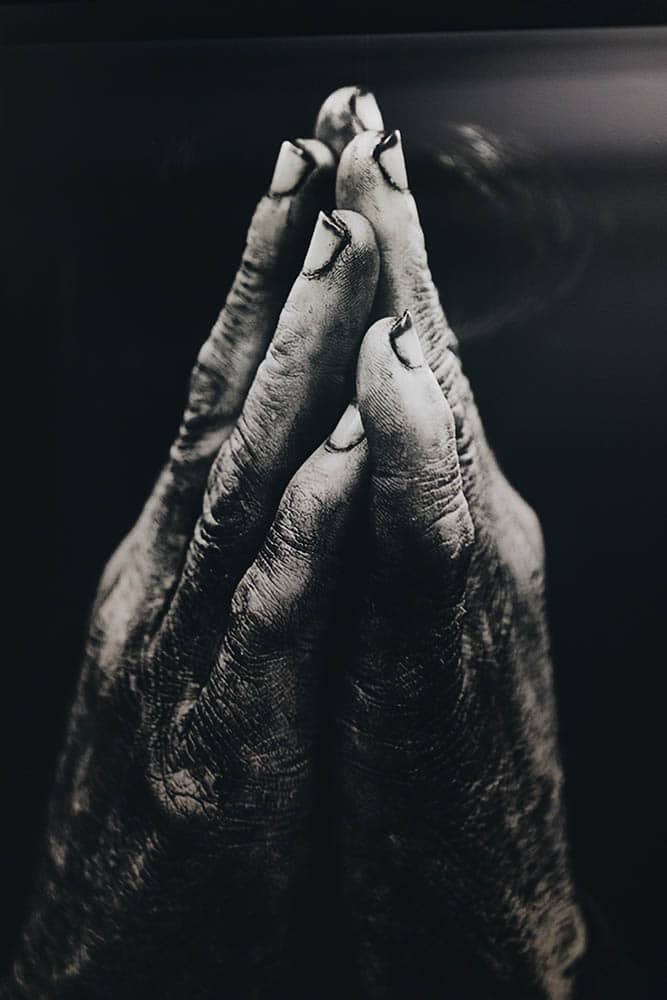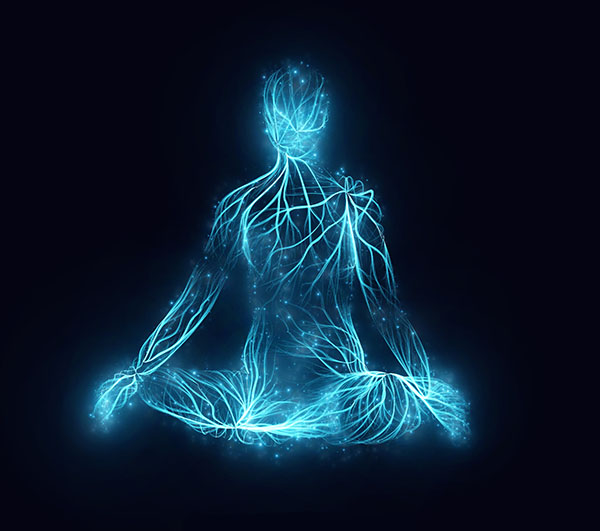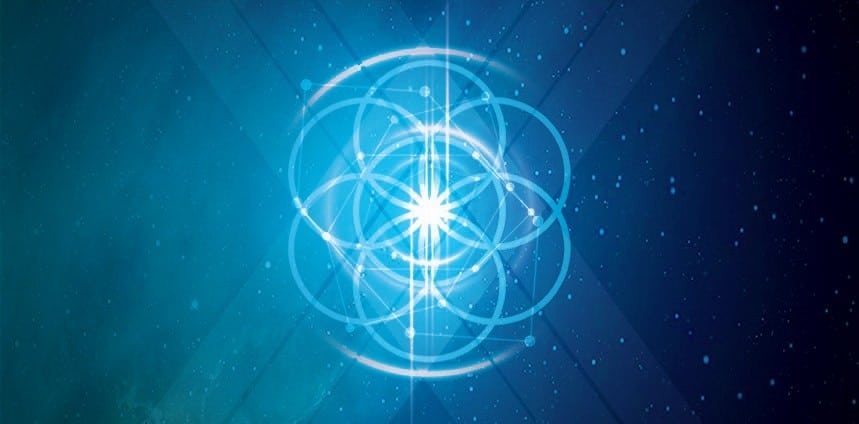
A Scientific Study of Prayer
“Margaret Mead, the noted anthropologist, once said, ‘Prayer does not use any artificial energy, it doesn’t burn up any fossil fuel, it doesn’t pollute.’ Mead didn’t mention, which should be of interest to all healthcare professionals: It apparently works. An impressive body of evidence suggests that prayer and religious devotion are associated with positive health outcomes.”
- Larry Dossey, M.D.
“Thoughts and prayers” is a common response to crises situation, but does praying work? Skeptics may assume that little more than wishful thinking is happening, but evidence is emerging that suggests this ancient practice may have real-world benefits. People of faith will readily mention how prayer works for any situation, especially when it comes to healing. Now, studies about the science behind prayer are beginning to investigate these claims.
Dr. Randolph Byrd published one of the most famous accounts in the Southern Medical Journal in July of 1988. Byrd designed a double-blind study in which he gained consent from 393 patients in a hospital’s coronary care unit (CCU) to be included in one of two randomized test groups. One group would be put on a list to be the recipient of intercessory prayers (IP) said on their behalf without their knowledge. The other group would be used as the control and would not be prayed for.

During their stay, the amount of ventilation assistance, antibiotics, and diuretics needed were monitored. The study concluded that patients in th IP group scored statistically lower in severity when it came to their medical needs. This suggests a correlation that prayer, even from remote strangers said without the patient’s knowledge, could positively affect the outcome of their medical treatment. This is scientific proof that prayer works.
Prayers in this study were said to the Judeo-Christian God, but people from all faiths report healing miracles. The faithful say they don’t need science to prove what they already know to work, but studies like this help provide evidence for what is typically only a word-of-mouth claim for this form of remote healing. Have you ever experienced the healing power of prayer? Let us know in our Facebook Group.







2 thoughts on “A Scientific Study of Prayer”
Isn’t it weird that a deity that specifically states that he doesn’t want to be tested and has a rule against it would cooperate with a scientific study? If you think about it, the study working might ironically be evidence against God due to this. Why would God cooperate with this? I can’t imagine a being like that would.
But of course that isn’t the only explanation. Recent science has indicated that our brains work on quantum mechanics, so a sort of long-range placebo effect is not out of the question and would need to be ruled out. Maybe it’s our own minds that is affecting the patients and it has nothing to do with divine intervention.
In order to test that, you’d need to try to research the ‘thoughts’ part of thoughts and prayers, try having people meditate on the person’s health without evoking the name of any deity, preferably people that believe in spirituality without believing in a god (Buddhists would work).
Yes, I’m an esophageal cancer survivor because of prayer. I was placed on the prayer lists of 5 churches (I thought I was just on my church’s list), and although the odds said I had only a 5% chance of beating the cancer, 10 years later, going on 11, I’m still here. I will also say, and I believe the prayer by others contributed, there was never a moment when I felt panic or anxiety and any degree of fear – there was a calmness I never could explain. Of course, it was an ordeal complete with some pain & discomfort (radiation, chemo and partial removal of esophagus and upper stomach), but looking back, I truly don’t remember much. So, if you know anyone in need of prayer, step forth because He does hears!